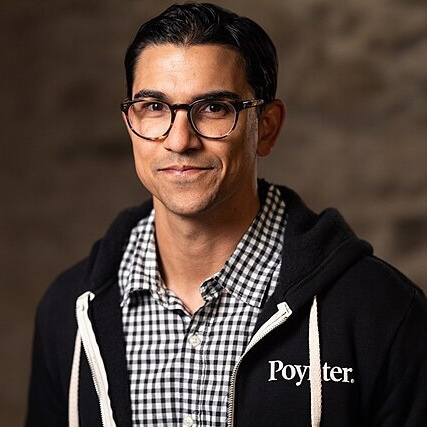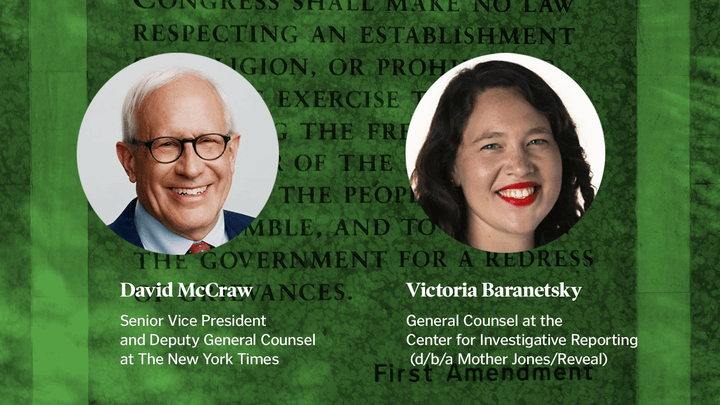Mis- and disinformation about vaccines are among the world’s oldest urban legends, but the pandemic put falsehoods about COVID-19 and vaccinations into the mainstream at an unprecedented rate. As flu season ramps up, your reporting can provide a powerful antidote to vaccine misinformation and help your audience get the facts they need to help them make wise decisions when it comes to understanding the respiratory illness landscape.
Because of its commitment to truth and factual expression, Poynter is partnering with the U.S. Department of Health and Human Services and the Risk Less. Do More. campaign to host a free, 90-minute webinar designed to empower journalists with the information and resources they need to inform their communities about the facts surrounding respiratory illnesses and vaccines.
Broadcast on Thursday, Oct. 3, 2024. Replay is available.
CNN Chief Medical Correspondent Dr. Sanjay Gupta will serve on a panel of experts and take questions from the audience.
Of special concern this flu season are audiences that are considered at high risk for vaccine and disease misinformation and respiratory illnesses themselves — such as Black, Latino and pregnant people, those living in rural communities, and older adults.
The webinar will teach journalists skills that will help them spot and debunk misinformation that exists in the news and social media ecosystems that can harm communities. Our experts will deliver facts on how journalists can actually go about debunking false narratives, and how they can weave those findings into their stories alongside verified data and facts.
In additional, you’ll gain general knowledge about vaccines and respiratory illnesses, and hear from experts about the trends that they track in this arena — the common falsehoods that tend to pop up time and again and the techniques for fact-checking and debunking those falsehoods. Finally, you’ll get access to reliable, vetted and legitimate data and information about vaccines and respiratory illnesses that will help you in your efforts to keep your communities accurately informed.
The session will include general information about things like test kits, vaccine/booster guidelines, side effects, viral spread and general questions/best practices about vaccine health and safety.
The format will be an expert round-table, followed by a Q&A. The webinar is open to the public; therefore, speakers can be quoted and their information used in conjunction with your own local coverage.
Join us as we walk through the process of spotting suspect information, learn how to run it through a debunking process, and use the findings to tell stories designed to keep our communities informed with facts, not fiction.
Questions?
If you need assistance, email us at info@poynter.org.











